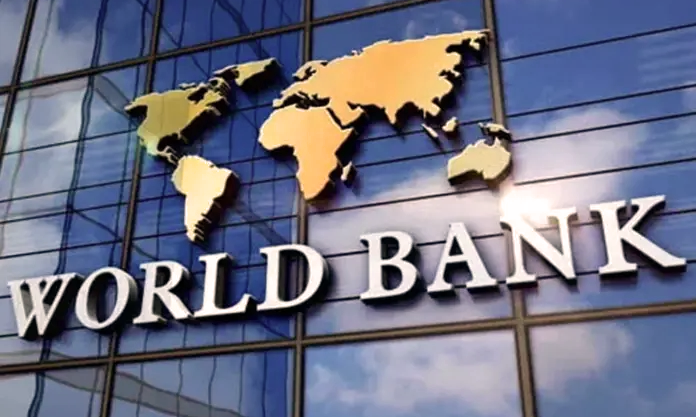The World Bank has expressed concerns regarding the growing food security challenges in several regions of Pakistan. According to a recent report, the incidence of acute food insecurity is expected to rise from 29% to 32% in Q2–Q3 FY24 across 43 rural districts in Khyber-Pakhtunkhwa, Sindh, and Balochistan, many of which were previously affected by the 2022 floods.
The report also highlights that food inflation has remained high and stable throughout the first half of FY24. Urban areas witness an average food inflation rate of 30.7% in H1 FY23, which increased marginally to 33.4% in H1 FY24. Similarly, rural areas experienced a rise from 33.5% to 34.0% during the same period. This modest increase is attributed partly to higher domestic food production and a decline in global food prices.
The World Bank pointed out that the ongoing cost-of-living crisis, combined with escalating transportation expenses, could exacerbate challenges such as increased school dropouts and delayed medical treatments, particularly affecting disadvantaged families.
Transportation costs have escalated more significantly in rural areas, impacting accessibility to markets, schools, and healthcare facilities for the rural poor.
Despite a windfall gain in agricultural output in Q1 FY24 benefiting the poor and vulnerable, the gains were offset by persistent high inflation and limited wage growth in sectors like construction, trade, and transportation. Daily wage laborers saw nominal wage increases of only 5% during H1 FY24.
The report also underscores the persistent issue of poor air quality and smog during autumn and winter, which continues to pose significant public health concerns, affecting approximately 71% of the population nationwide.
Looking ahead, without substantial and sustained economic reforms, Pakistan is likely to continue facing foreign exchange liquidity challenges due to persistent trade deficits and limited external financing options, particularly from the private sector.
Earlier comments from Najy Benhassine, World Bank’s country director for Pakistan, emphasized the importance of improved fiscal management to mitigate inflation, reduce the current account deficit, stabilize the financial sector, and enhance private sector credit to facilitate the aim of achieving a robust economic recovery.


